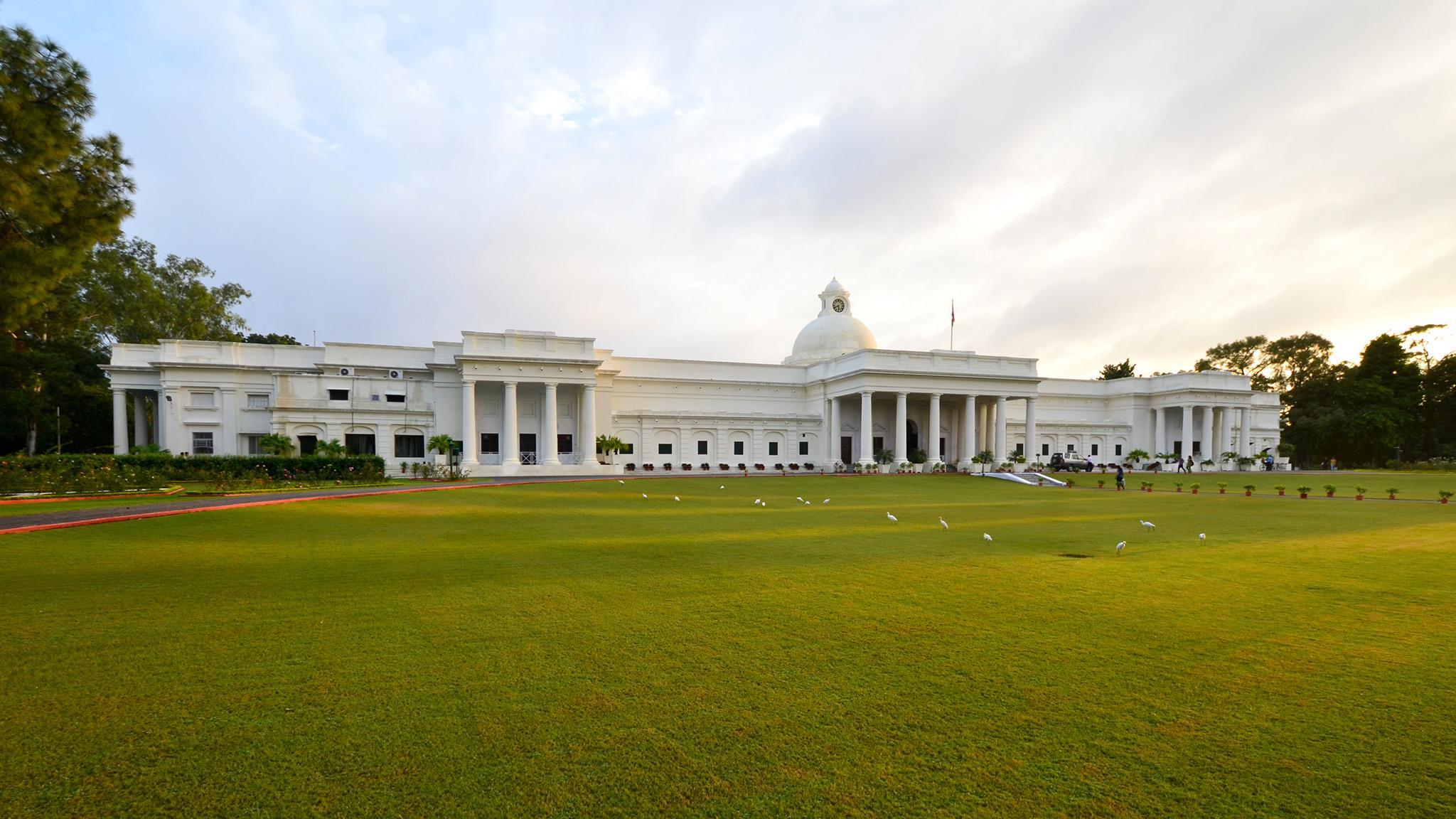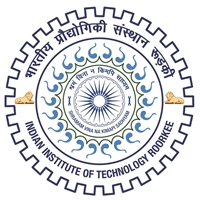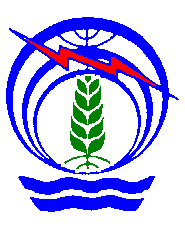BACKGROUND
Due to rapid increase in population, the demand for water continues to increase globally in almost all sectors. However, the temporal and spatial variability of the available water resources can no longer be taken for granted particularly under changing climate. Heavy water consumers such as agriculture and industry often contribute to its contamination. In urban areas, huge quantities of sewage wastes are generated every day and discharged directly to rivers contaminating their water and its consumption badly affects the health of human beings thriving on it. Water distribution networks and soiled water collection systems pose serious problems and there is a need to maintain ageing infrastructures mostly in urban areas.
Shortage of water further has social, economic, and political implications. In many regions of the world, people are relying heavily on energy demanding pumping systems for the supply of water. It has led to depletion of ground water and caused salt water intrusion, particularly in coastal areas. Expensive desalination systems are being used to meet the needs of coastal population.
Various technological solutions have been proposed to optimize the use of water, particularly by recycling waste water for agricultural and secondary uses. Over and above, the climate change has significantly affected the hydrological extremes causing economic losses to the society.
Shortage of water further has social, economic, and political implications. In many regions of the world, people are relying heavily on energy demanding pumping systems for the supply of water. It has led to depletion of ground water and caused salt water intrusion, particularly in coastal areas. Expensive desalination systems are being used to meet the needs of coastal population.
Various technological solutions have been proposed to optimize the use of water, particularly by recycling waste water for agricultural and secondary uses. Over and above, the climate change has significantly affected the hydrological extremes causing economic losses to the society.
Nomination & Correspondence
Interested International Water Professionals should send their nominations in the enclosed Performa duly sponsored by the appropriate authority/self-sponsored along with the course fee to Course Coordinator.
No. of Seats & Course Fee
The number of seats is limited to 30 only and these shall be filled purely on first come first serve basis. The course fee is US$ 5200/- (US$ Five thousand two hundred only) for each participant, which includes Institutional Overhead Charges, study kit, boarding and lodging at IIT Guest House for 23 days, domestic travel from delhi airport to Roorkee and back, tours and all other taxes as applicable. The last date of registration is December 20, 2018. Participants shall be awarded Certificates for their Participation.
Payment of Course Fee
The payment shall be made to Professor & Head, CONTINUING EDUCATION CENTRE, INDIAN INSTITUTE OF TECHNOLOGY ROORKEE, ROORKEE. The course fee should be paid online in advance, for which the information can be obtained from the Course Coordinator
(Email : skm61fwt@iitr.ac.in).
(Email : skm61fwt@iitr.ac.in).
COURSE COVERAGE
Introduction
Historical importance of water in the
development of civilizations; Nature, water and society; Water Cycle; Water conservation – Traditional methods, storage structures, roof-top rainwater harvesting, artificial recharge to ground water.
development of civilizations; Nature, water and society; Water Cycle; Water conservation – Traditional methods, storage structures, roof-top rainwater harvesting, artificial recharge to ground water.
Water for Health
Importance of water for human health; Basics of water chemistry - water as universal solvent, water quality parameters, introduction to point and non-point sources of surface and ground water pollution, physical and chemical treatment processes, disinfection and apropriate technologies for water treatment.
Water for Food
Issues in sustainable agriculture, Need for irrigation, Techno-economic, social and environmental issues in irrigation water management, Importance of 'more crop per drop', Precise irrigation techniques – Sprinkler and Drip irrigation for sustainable agriculture.
Hydro-informatics
Importance of Hydrological Information System (HIS), spatial data series for a river basin, hydrological time-series, data storage and timeseries analysis. Importance of Hydrological Information System (HIS), spatial data series for a river basin, hydrological time-series, data storage and timeseries analysis.
Urbanization and its Impact on Water Resources
Urban water demand assessment, urban water resources assessment, source protection zone, water conservation in urban areas, importance of reuse and recycle in water conservation. Problem of urban flooding, structural and nonstructural measures for management of urban flooding. Monitoring of quantity and quality of wastewater,appropriate technologies for wastewater treatment, waste water disposal.
Other uses/aspects
Water as renewable source of energy, water for transportation, and water for recreation; wetland
development, climate change and its impact on water and society, innovations in water engineering, water audit.
development, climate change and its impact on water and society, innovations in water engineering, water audit.
Important Informations
Start Date
: 03 January 2019
End Date
: 24 January 2019
Last Date
: 20 December 2018
No. of Seats
: 30
Course Fee
: USD 5200
(Which includes Institutional Overhead Charges, study kit, boarding and lodging at IIT Guest House for 23 days, domestic travel from delhi airport to Roorkee and back, tours and all other taxes as applicable.)










